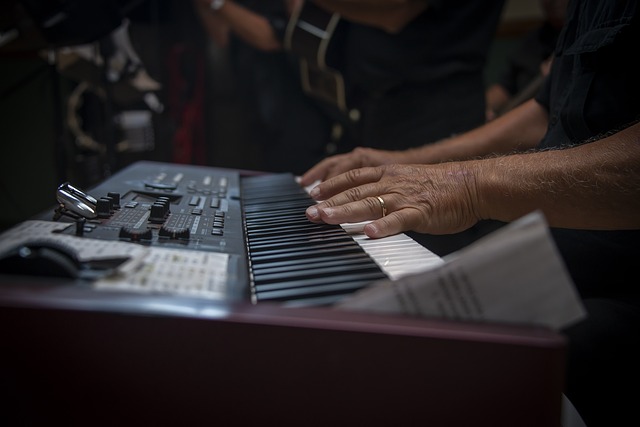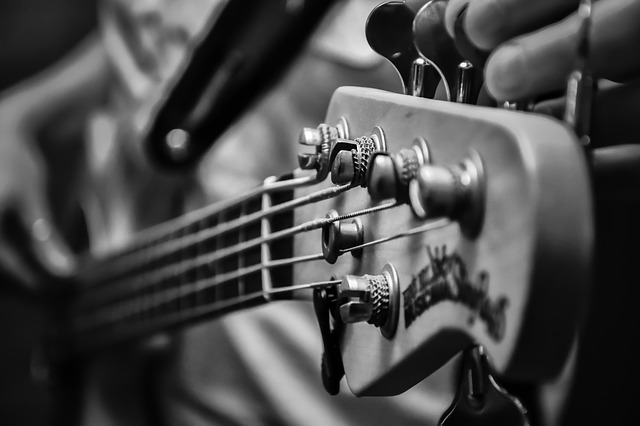You’ve got the dates in the diary. You’re excited to lay down some tracks. When the day of your recording studio session comes around, you’ll want to make sure you make the most of it. Here are my four tips on how to prepare for a recording studio session.
1. Have A Clear Vision of What You Want from The Session
What do you want to achieve during your booked recording studio session? Are there a certain number of tracks you want to have recorded? Do you want to get all the drums and bass done on day one, and all of the guitars and vocals on day two?
Setting yourself specific targets will allow you to realistically allot your time for the day, and also give you a sense of achievement by the end of it. It will help you to not rush, and also not waste any time, which brings me onto my next tip…
2. Learn the Material
Time is money! You should do anything that can be done outside of the recording studio in advance. That includes learning all your parts inside out.
You may decide you want to make a few tweaks here and there at the studio – and that’s fine, it’s part of being an artist. However, you don’t want to be using up your studio time as a practice session.
There is a sunk cost in setting up all the recording equipment, that you’ll want to make the most of. Make sure everyone knows their parts, the structure of the song etc. before you get in the studio – unless you have a 7-figure salary to throw at months of studio time – but we’re creatives, who are we kidding?!

3. Make Sure Your Gear Is in Tip Top Shape
I’ve ran sessions where the primary aim was to record video of the artist performing drum covers for YouTube – so imagine how he felt when his only camera battery ran out AND his camera SD card fell to bits!
Anything you need to get the job done needs to be checked and double-checked. When I perform live with my band for example, before I leave, I make sure that my guitar is tuned; my tuner has plenty of battery; my cables work etc. And this is how you should go into a recording session.
Also, it doesn’t hurt to take a spare. I take spares of everything. Spare guitar strings, extra paper in case I lose the setlists, even a spare guitar (which I actually had to make use of at my last gig when my primary decided to give up). It’s all about being prepared for any circumstance.

4. Talk to The Producer/Engineer
You know what you want, but does the person who will be recording/mixing you know what you want? When a client books a session with me, I always like to open up a conversation with them so we can go through their aims and objectives for the session. That way, I can build up a rapport with them and also come prepared myself. It leaves everyone more comfortable and prepared on the day. Any good producer/engineer you work with should be more than happy to have a chat.
A super important tool that you should always make use of as well is a reference track. Find one or two pieces of music that you like the sound of and let the engineer have a listen. Whether you’re after that exact sound, or you just like certain aspects of it, keeping a reference track in mind is incredibly helpful in guiding the sound in the right direction.
Conclusion
And there you have it. Keep these four tips on how to prepare for a recording studio session in mind for your next studio visit. Being prepared will get you the most for your time and money, and when everyone knows the score, it does wonders for building confidence on the day.